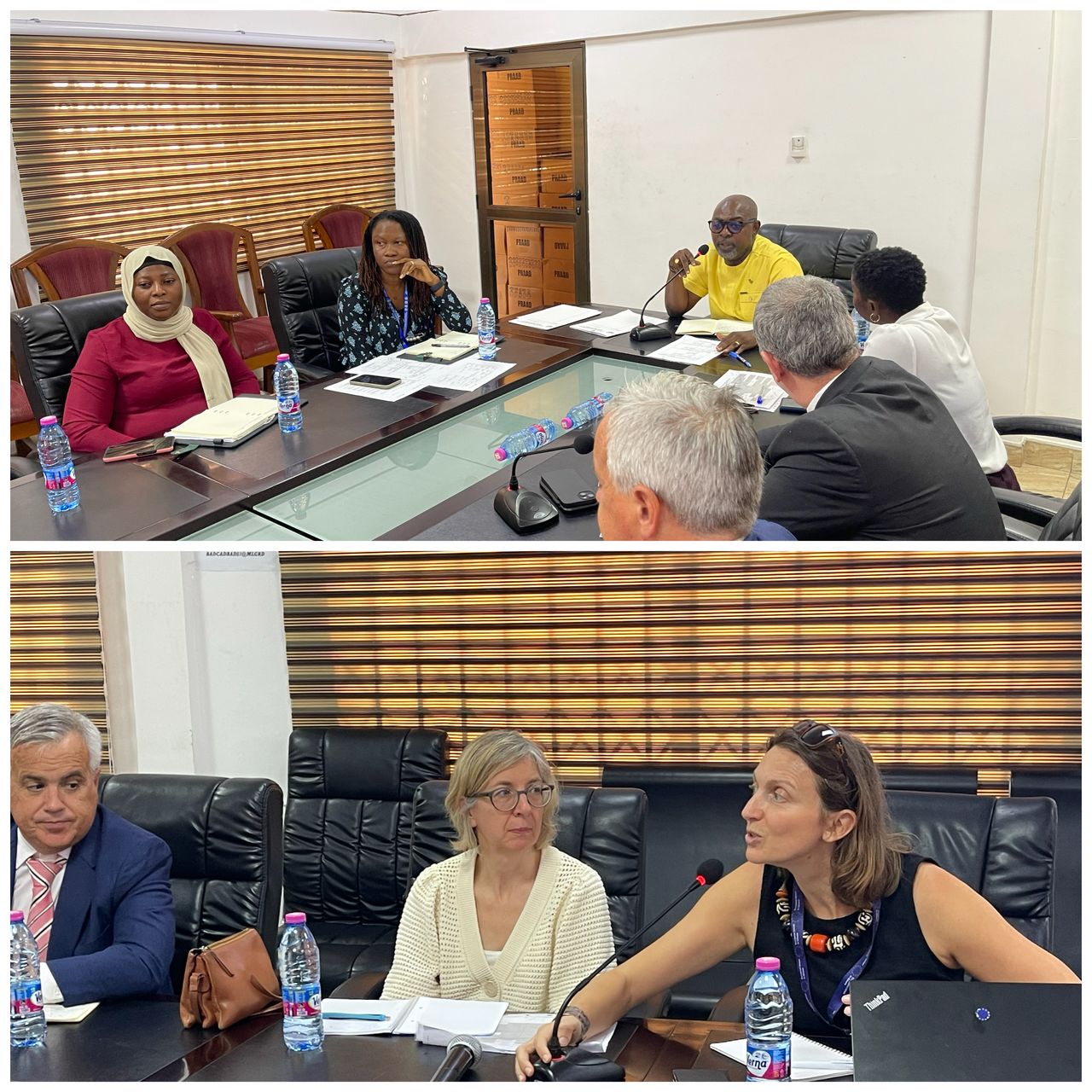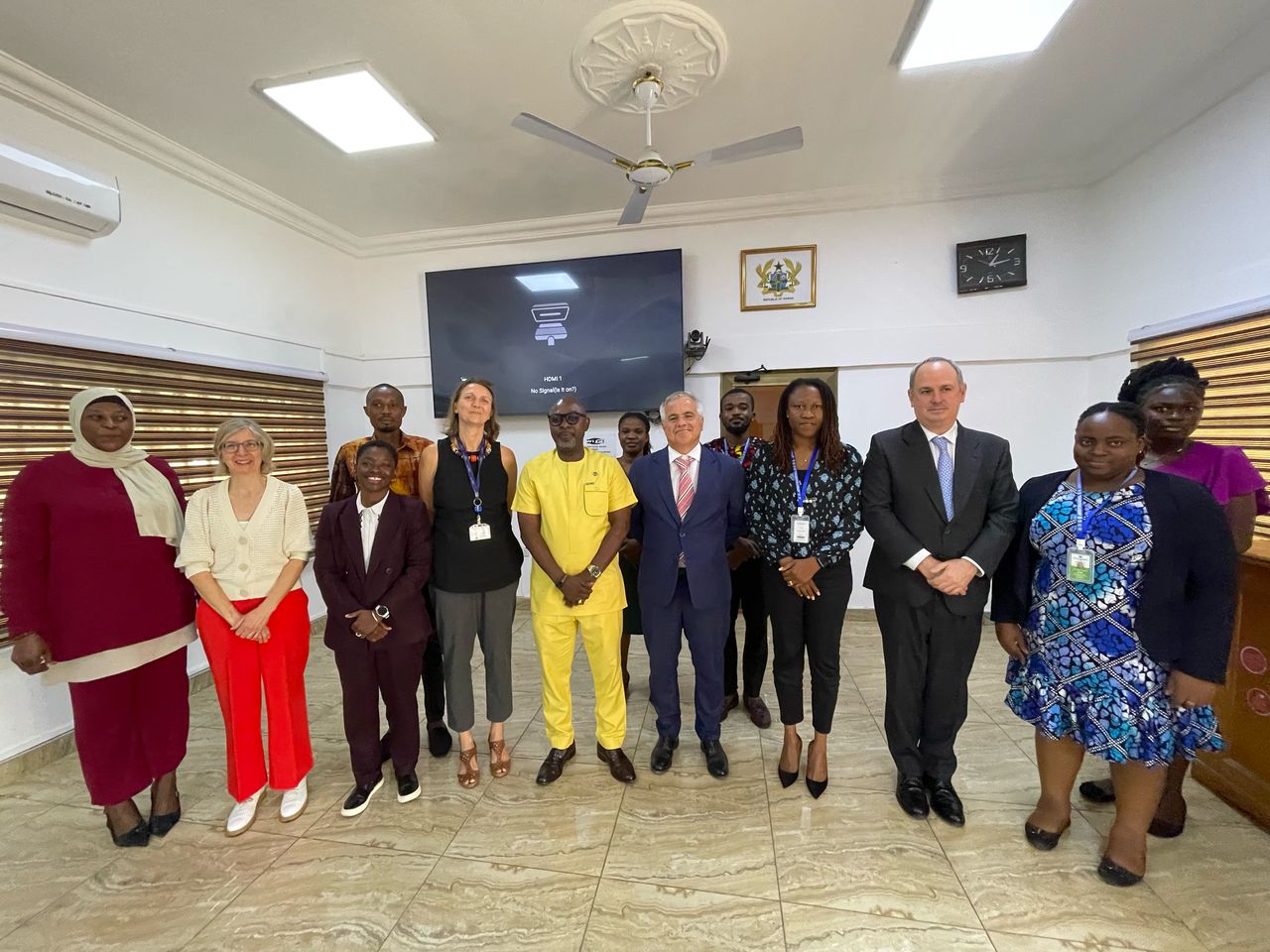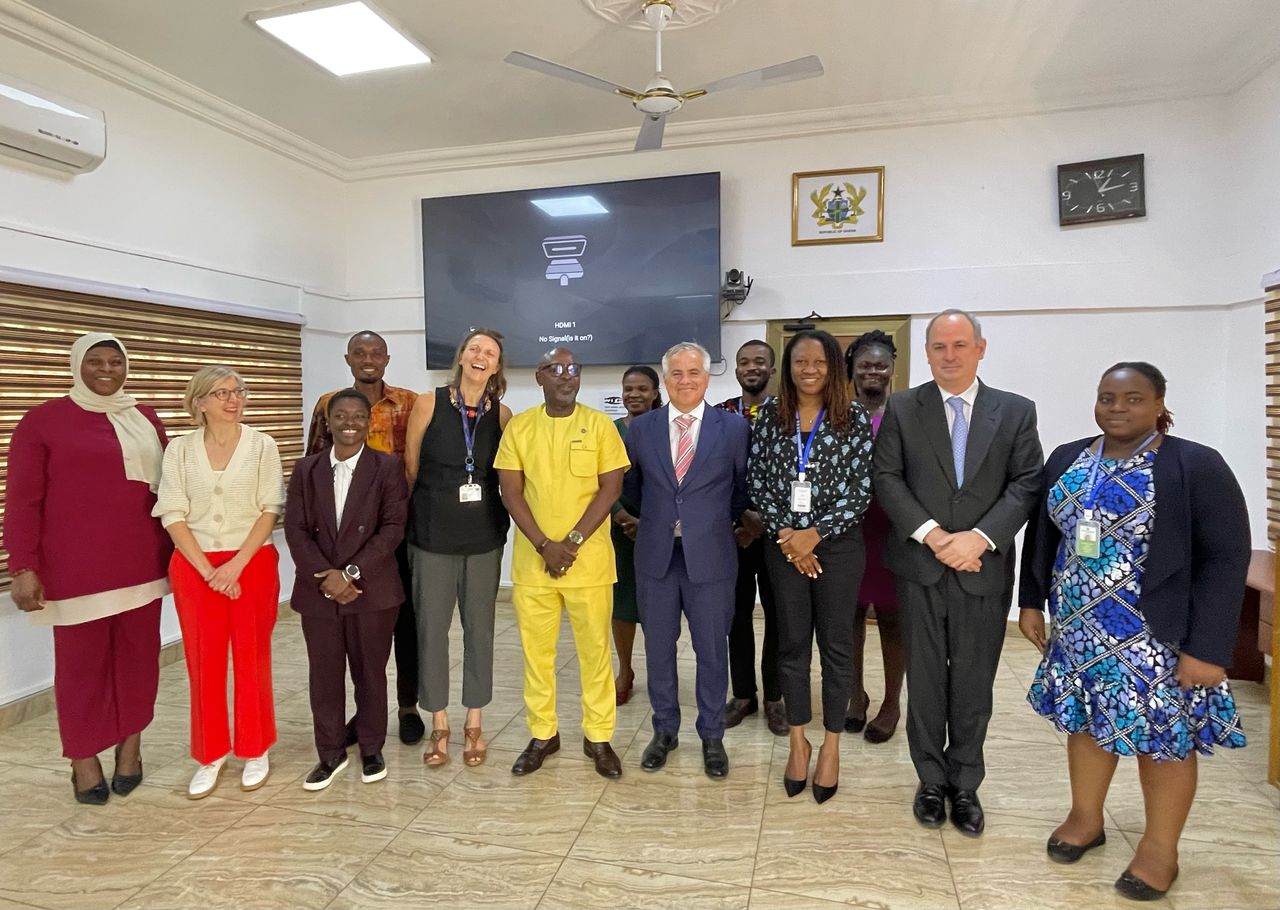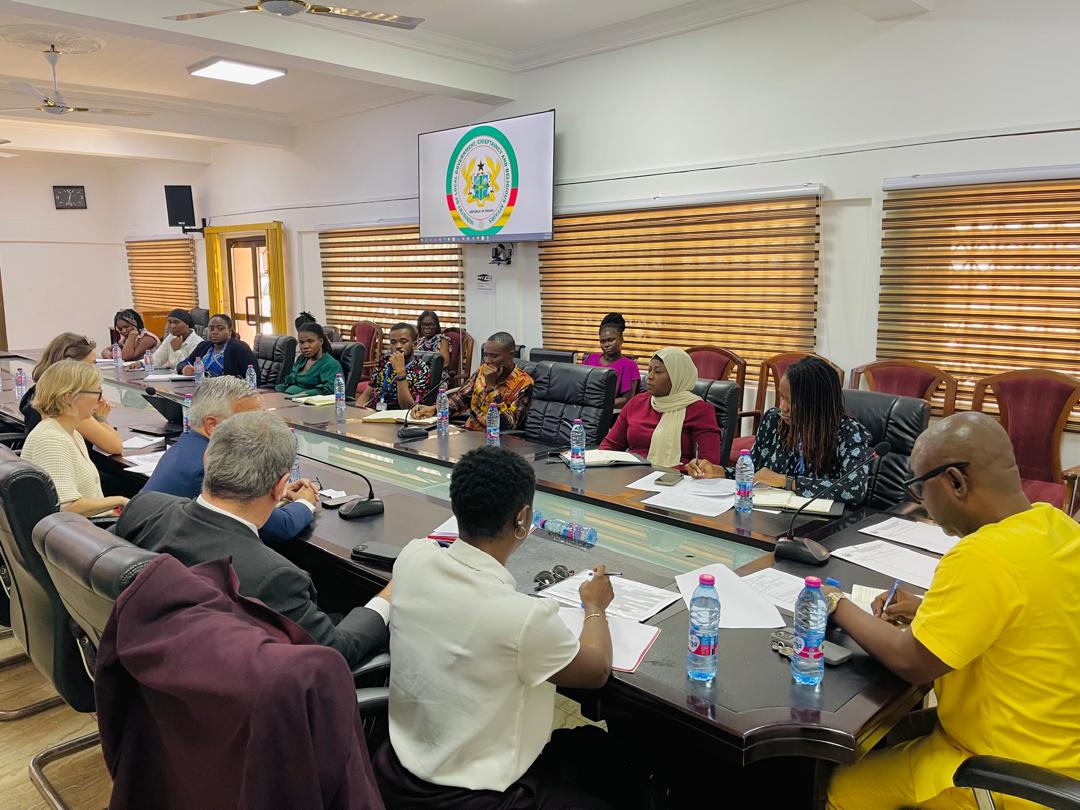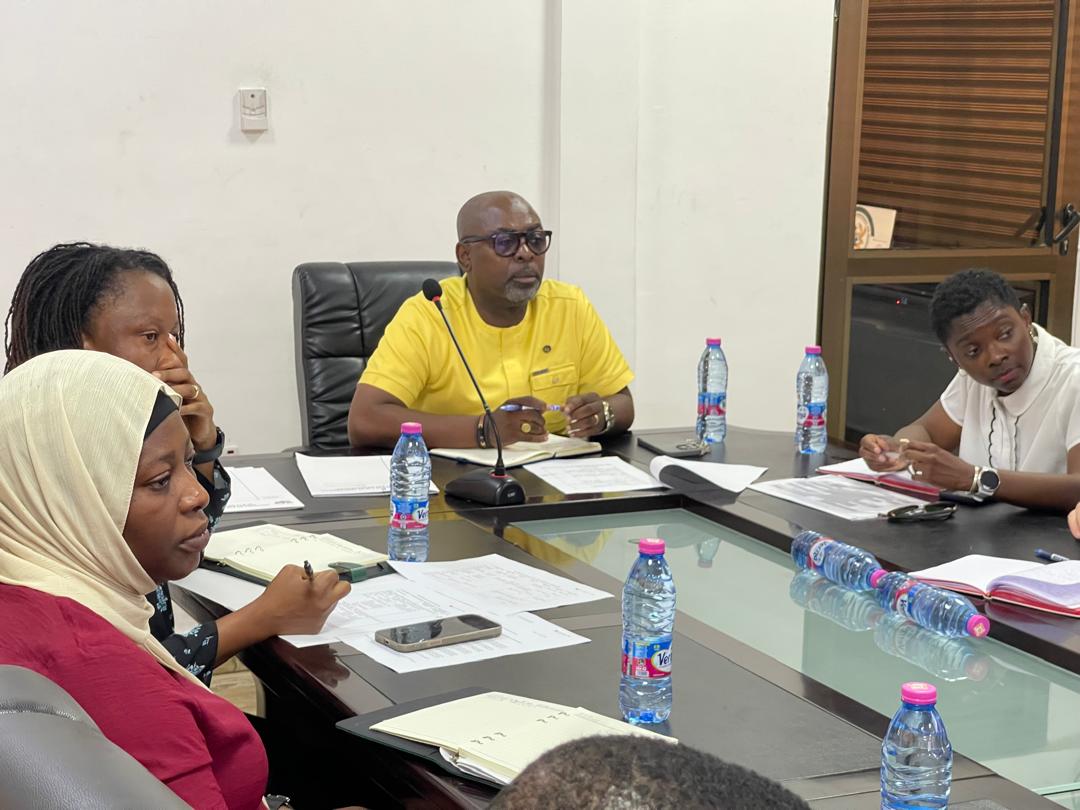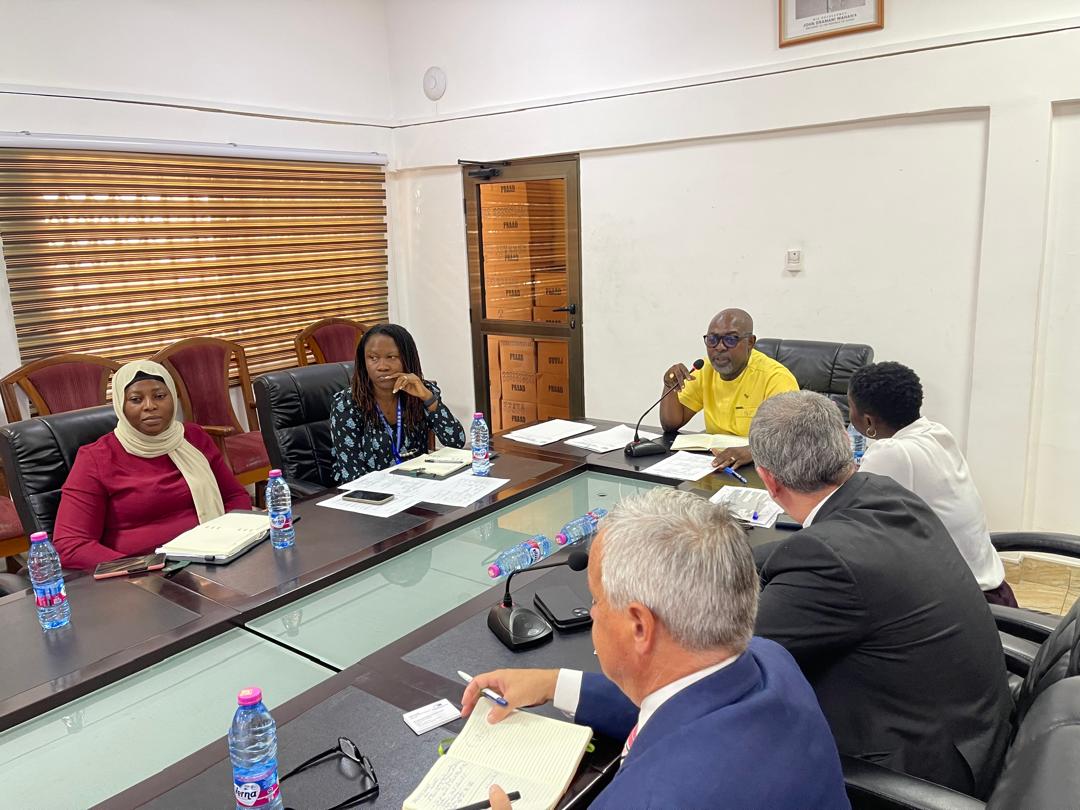A joint mission organised by the European Union (EU) and the European Investment Bank (EIB) was dispatched to Ghana to prioritise and advance high-impact infrastructure projects in critical sectors such as energy, water, and transportation.
The mission sought to engage in discussions regarding the outstanding issues related to both ongoing and emerging projects, programmes, and initiatives. The primary objective of the EU and EIB mission was to support the Government of Ghana in refining and prioritizing its infrastructure investment portfolio.
This strategic approach is intended to ensure that EU and EIB funds are allocated efficiently to projects that offer optimal financial and developmental outcomes. Under the Global Gateway initiative, the EU and EIB are integrating EU grants and sovereign guarantees with EIB concessional loans to create highly advantageous financing packages.
These financial structures are designed to align with International Monetary Fund (IMF) requirements while enabling the release of additional grants for each infrastructure project supported under this initiative.
The mission team informed the Ministry about a dedicated regional envelope to complement the Government of Ghana's funding allocations for various projects. The team acknowledged that Ghana's enduring partnership with the EU and EIB has already yielded significant results in areas such as decentralisation, local governance, energy, sanitation, and waste management.
The ongoing EU-Ghana Partnership for Smart and Sustainable Cities Programme, established under the Joint Programming framework (2021–2027), continues to provide both financial and technical support aimed at enhancing infrastructure in urban centres. This aligns seamlessly with the government's broader vision of fostering smart and sustainable cities.
As part of these continued efforts, the Ministry of Local Government, Chieftaincy and Religious Affairs (MLGCRA) is overseeing the African Sustainable Cities Initiative (ASCI). Funded by the EIB, this initiative focuses on strengthening urban resilience and enhancing the financial sustainability of selected cities across Ghana, Kenya, Côte d'Ivoire, and Uganda.
In Ghana, the initiative identifies Sekondi-Takoradi, Tamale, and Techiman Metropolitan Assemblies as beneficiaries, selected for their potential for economic growth and pressing infrastructure needs.
The ASCI aims to support these metropolitan areas in identifying and implementing investment-ready, high-impact infrastructure projects that align with Ghana’s national priorities and international frameworks, such as the UN Sustainable Development Goal 11 and the New Urban Agenda.
Moreover, the ASCI will facilitate a feasibility study for the development of the Tamale, Damongo, and Yendi Water Projects, which aim to address persistent water supply challenges in the northern regions of Ghana. Additionally, the initiative will assist the Ministry in finalising the feasibility study for the construction of three Feacal Sludge Treatment Plants in Yendi, Bolgatanga, and Wa.
These collaborative efforts are anticipated to maximise the impact of available resources while reinforcing Ghana’s strategic partnership with the EU and EIB. The Ministry is committed to ensuring that these initiatives deliver transformative urban infrastructure, thereby improving the quality of life across the nation.
Source: Matilda Tettey/Stephanie Edem Klutsey
(Public Relations Unit MLGCRA)
